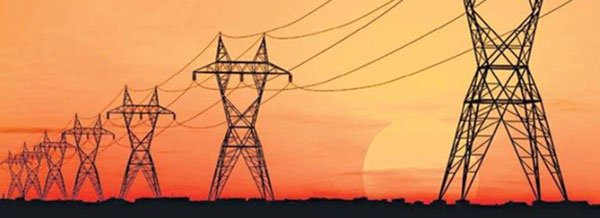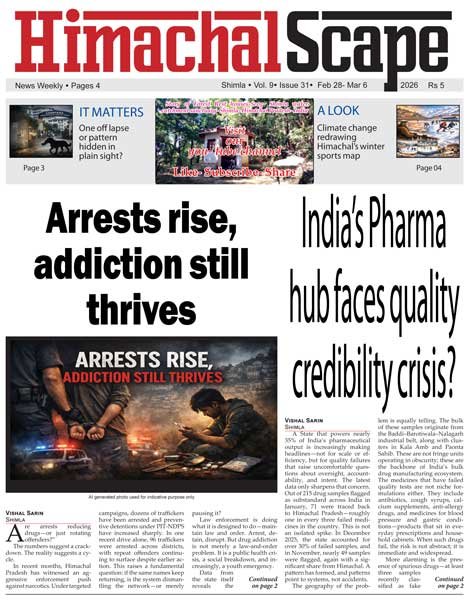
Shimla, Dec 28,
The Himachal Pradesh High Court has raised serious concerns over the posting of IPS officer Ilma Afroz. A division bench comprising Justice Vivek Singh Thakur and Justice Rakesh Kantha issued notices to the state’s Home Secretary and Director General of Police (DGP), demanding clarification by January 4, the date for the next hearing.
The court was hearing a petition filed by Sucha Singh, who alleged that Ilma Afroz is being deliberately denied a crucial posting in the Baddi, Barotiwala, and Nalagarh (BBN) region. He argued that during her tenure as Superintendent of Police in BBN, Afroz significantly improved law and order in the area. She had taken firm action against drug cartels and illegal mining operations, providing a sense of security to the local population.
The petitioner stated that Ilma Afroz strictly implemented the directives issued by the National Green Tribunal (NGT) and orders of the Himachal High Court. Her proactive measures ensured the enforcement of the rule of law in the region. However, despite her exemplary performance, she has been subjected to discriminatory treatment, preventing her from being reinstated in a sensitive and impactful role.
Afroz recently returned from extended leave and was assigned a post at the police headquarters on December 16. However, residents of the BBN region have demanded her reappointment in Baddi, where her presence is deemed critical to maintaining law and order.
The petitioner’s counsel argued that Ilma Afroz has been facing frequent discrimination under the current Congress government. They highlighted that during her absence, the charge of the BBN police district was handed over to a junior officer, raising questions about the state’s administrative decisions.
In light of the allegations, the High Court has directed the state government to clarify its position. Notices have been issued to the Home Secretary and DGP, requiring them to respond by the next hearing on January 4.

The HimachalScape Bureau comprises seasoned journalists from Himachal Pradesh with over 25 years of experience in leading media conglomerates such as The Times of India and United News of India. Known for their in-depth regional insights, the team brings credible, research-driven, and balanced reportage on Himachal’s socio-political and developmental landscape.










1 thought on “Baddi SP posting controversy: Court issues notice to Secy home, State Police ”